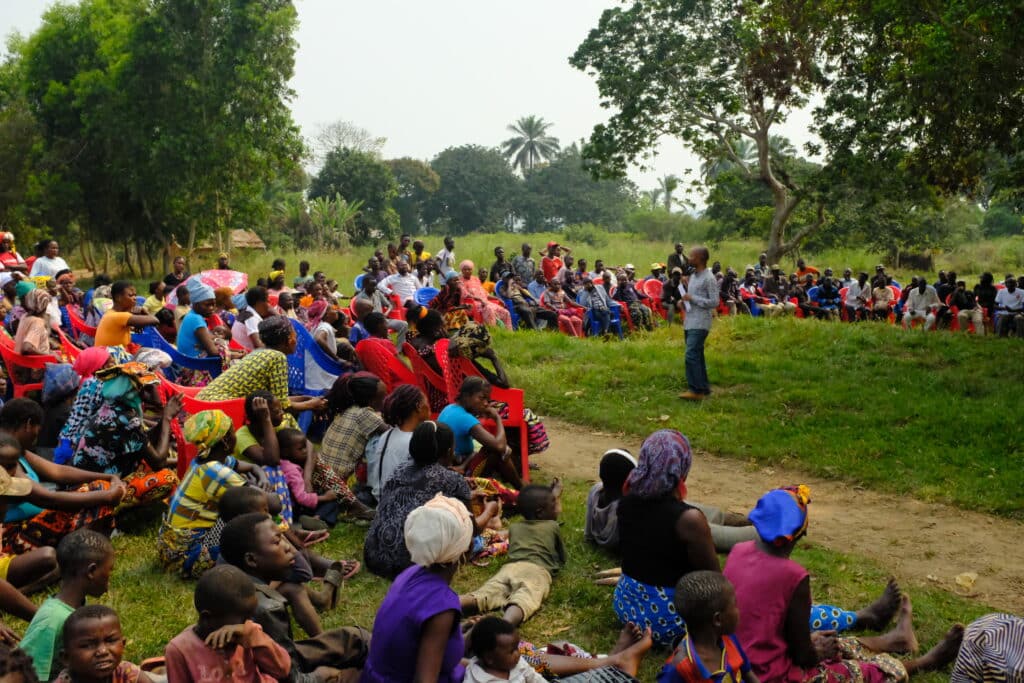
Since the emergence of both fields of practice in the 1990s, Transitional Justice (TJ) and Disarmament, Demobilization and Reintegration (DDR) policies, projects and programmes have operated simultaneously in many (post-conflict) settings. However, most often TJ and DDR have been developed and implemented in complete separation from one another. This is despite the recognition that both share common goals for building sustainable peace and that their operations may have reciprocal effects.
The Democratic Republic of Congo, where conflicts characterised by massive human rights violations and international crimes have been ongoing for decades, has a long history of engagement in DDR and JT processes. The aim is to resolve armed conflict and combat impunity for human rights violations. But until now, little has been done to build bridges between the two fields despite the potential benefits it could bring to those efforts.
The Congolese authorities and international actors have often stressed the need to combat the impunity enjoyed by the perpetrators of these crimes. However, progress in this area has been slow, inconsistent and hampered by a lack of genuine political commitment. While the drivers of violence in the Democratic Republic of Congo are diverse and complex, one of the contributing factors has been the prevalence of impunity for perpetrators of human rights violations. The inability to prevent, recognise and redress human rights violations has contributed to undermining public confidence in the State. This has fuelled cycles of resentment between communities and between non-state armed groups and the State, suggesting that violence is a legitimate and effective means of achieving political advantage.
This report seeks to provide concrete suggestions on how such a JT-DDR link could be implemented in the Democratic Republic of Congo. It examines how, in a context of multi-layered conflict dynamics and ongoing instability, DDR and JT can complement each other. To this end, it examines the political, security, social and operational dynamics specific to the Democratic Republic of Congo that frame the links between DDR and TJ. Drawing on an analysis of current DDR and TJ efforts, interviews with key national and international stakeholders, and focus groups with victims in North Kivu and Ituri, the report investigates how various transitional justice approaches can support DDR – in particular addressing human rights violations, reparations, truth-telling and local/informal justice mechanisms – and how transitional justice objectives can be integrated into DDR programmes.
Also available in French



